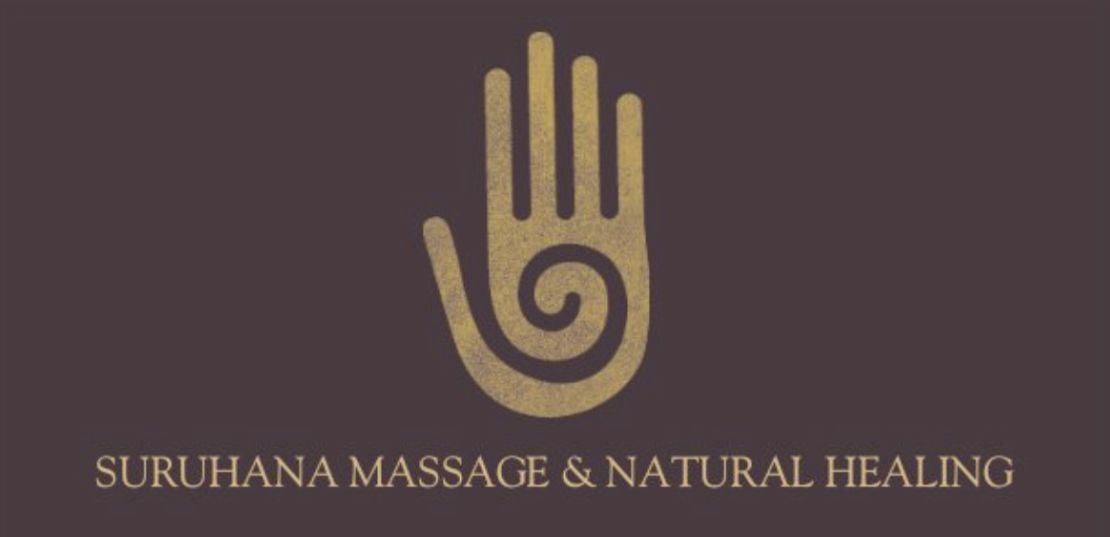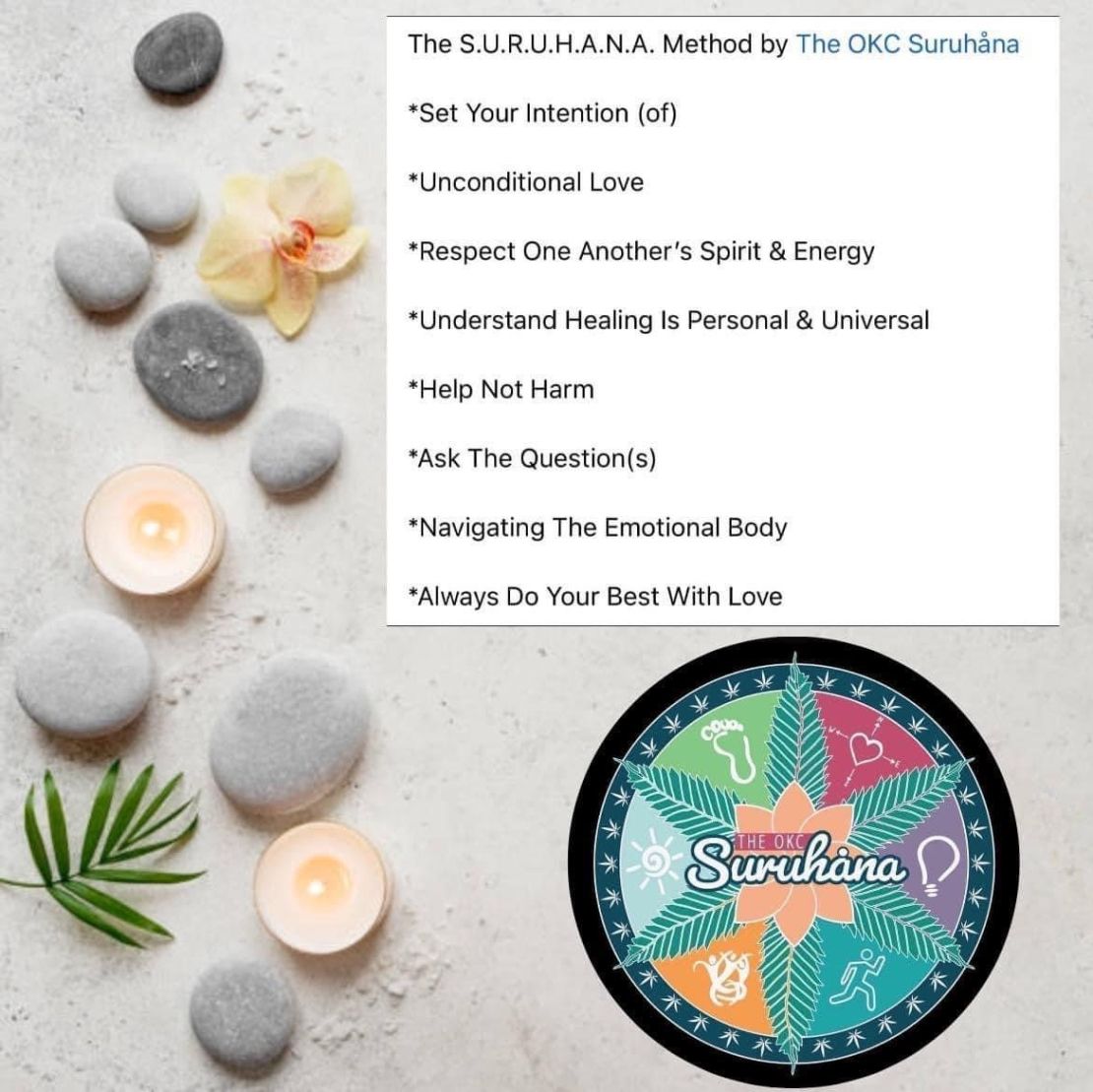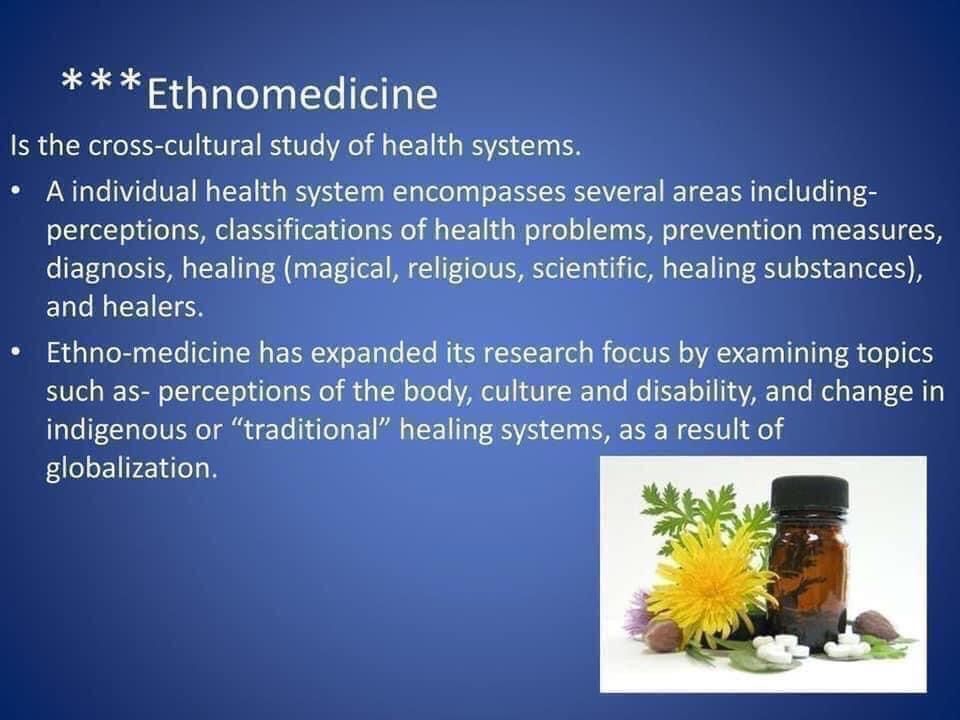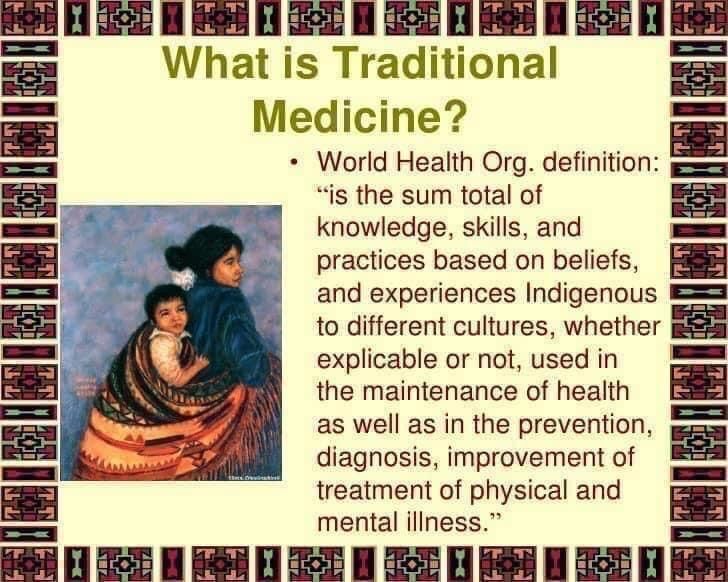What Is Ethnomedicine?

IMPORTANT TERMS & DEFINITIONS RELATING TO ETHNOMEDICINE CARE SOUGHT AFTER AT SMNH; see source links below:

Ethnomedicine is a term that refers to a wide range of healthcare systems/structures, practices, beliefs, and therapeutic techniques that arise from indigenous cultural development. Ethnomedicine is also taken to mean the study of these systems and techniques more so from the sense of placing them into an anthropological context rather than evaluating their effectiveness using the scientific method (although the latter is possible).
Either way, such healthcare systems don't necessarily follow the structure of modern or “Western” medicine. Instead, these healthcare practices are based on the unique culture that has arisen from native/indigenous groups of people.

Ethnomedicine isn't limited to the obvious things, like using indigenous plants and ingredients to treat the sick. It also involves studying or utilizing:
-
How a disease/illness arises, according to the native cultural point of view.
-
Indigenous beliefs about what a person's signs and symptoms really mean.
-
The way by which a disease/illness progresses.
-
The best ways by which a disorder should be managed and who should manage it and how.
In the last case, that may be the person who is sick themselves, or it may be a practitioner of that form of ethnomedicine, like a local shaman.
Ethnomedical systems tend to see the mind and body as one entity and they focus on preventative techniques, such as the use of massage therapy, exercise, spices, herbs, and food to heal a diseased or ill individual.
On that note, it should be mentioned that although the terms disease and illness are often used synonymously, they aren't necessarily the same thing in the field of medical anthropology. The word disease tends to be used when referring to a structural or functional problem of the body itself whereas illness refers to the subjective experiences and perspectives of the person with respect to their disease (the mind-body connection mentioned before).

Traditional Medicine
Traditional medicine has a long history. It is the sum total of the knowledge, skill, and practices based on the theories, beliefs, and experiences indigenous to different cultures, whether explicable or not, used in the maintenance of health as well as in the prevention, diagnosis, improvement or treatment of physical and mental illness.
Complementary Medicine
The terms “complementary medicine” or “alternative medicine” refer to a broad set of health care practices that are not part of that country’s own tradition or conventional medicine and are not fully integrated into the dominant health-care system. They are used interchangeably with traditional medicine in some countries.
Herbal Medicines
Herbal medicines include herbs, herbal materials, herbal preparations and finished herbal products, that contain as active ingredients parts of plants, or other plant materials, or combinations.
https://study.com/academy/lesson/ethnomedicine-definition-examples.html
https://www.who.int/health-topics/traditional-complementary-and-integrative-medicine#tab=tab_1